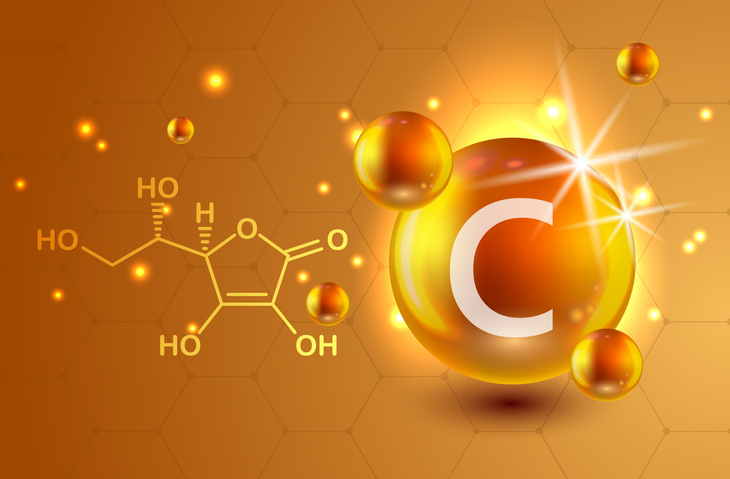
Whether you’re trying to fight off a cold or improve your skin health, research has shown Vitamin C can help. When searching for Vitamin C, you might have come across another phrase used interchangeably with it – “ascorbic acid.”
Are they the same? Let’s dive in.
Vitamin C vs. Ascorbic Acid
Vitamin C (AKA L-ascorbic acid) is an essential vitamin. Our bodies need it to synthesize collagen, protect our immune system, repair tissues, and absorb iron. It’s also a potent antioxidant that protects against harmful free radicals.
You can find Vitamin C naturally in many fruits and vegetables, particularly citrus fruits like oranges, lemons, and strawberries.
Ascorbic Acid is the chemically synthesized form of Vitamin C. It’s often found in vitamin supplements and certain food products where it is used as a preservative or an antioxidant.
So, What’s the Difference?
Molecularly, ascorbic acid is identical to the Vitamin C you’ll find in natural food sources. The primary difference lies in their source and how they interact with other nutrients.
Natural Vitamin C in whole foods is accompanied by various flavonoids and co-factors that can enhance its absorption and efficacy. These co-factors can also provide additional health benefits.
On the other hand, ascorbic acid is isolated and does not come with these additional components. Our bodies may absorb the natural form of Vitamin C more efficiently than its synthetic counterpart due to these additional compounds. However, both forms can adequately provide the Vitamin C that our bodies need to stay healthy, especially during cold and flu season.
Health Disclaimer
The information provided in this blog is intended solely for informational and educational purposes. It should not be considered medical advice, diagnosis, or treatment. Please review all supplements you are taking or are considering taking with your health care professional.
Thank you for reading! Your path to enhanced cellular wellness starts here.